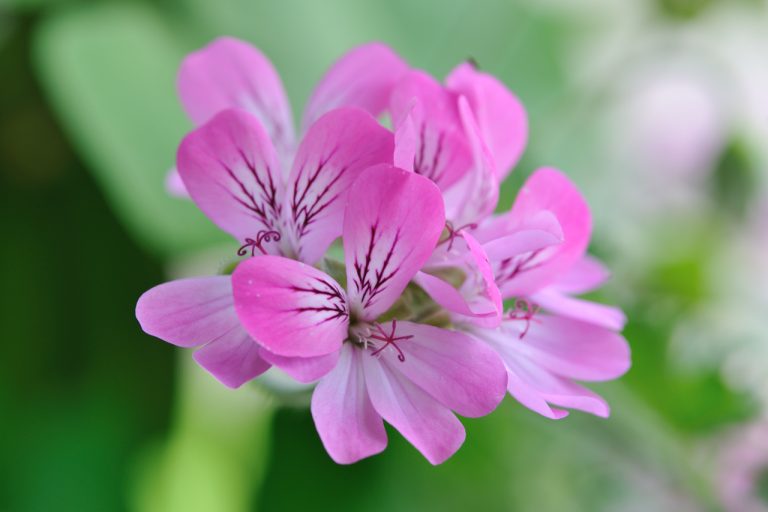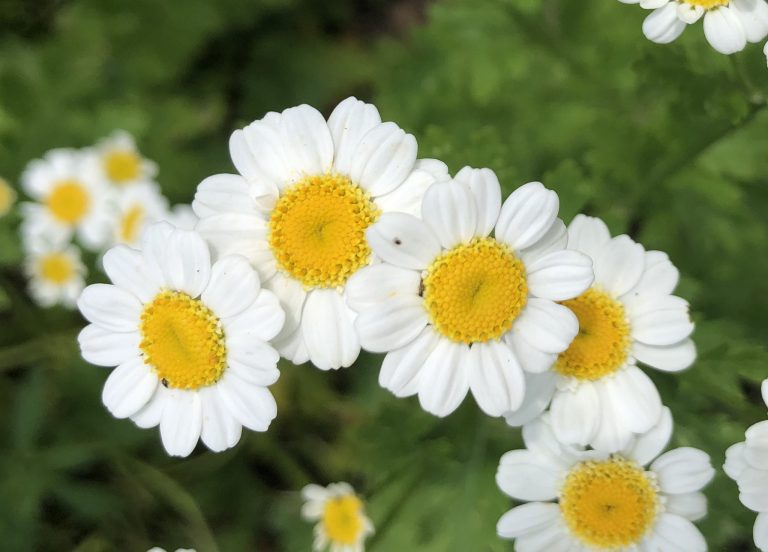Báilù, the 15th solar term in the Chinese calendar, marks the beginning of cooler weather and the approach of autumn as we know it in the west. The gap between night- and day-time temperatures can be significant, causing morning mist and the dewey landscapes emblematic of this solar term’s title, which translates literally to “white dew.”
Contrary to what you might expect, the “bái” in Báilù refers to the white color associated with metal — the member of the five elements which governs autumn.
Stretching from Sept. 8 through Sept. 23, Báilù is a time to prepare the body for winter. According to traditional Chinese medicine (TCM), autumn is connected with the lungs. Cool, dry weather can bring the threat of respiratory, skin and nasal ailments. As lungs regulate the circulation of oxygen and bodily fluids, we should strengthen the lung meridian with foods that promote hydration, the removal of toxins, and the balance of yin and yang.
Báilù foods
Rather than spicy foods, which induce perspiration, we should lean towards sour flavors during this period. Tart foods are astringent, and help reduce the loss of fluids. Warm foods that are cooked with water can both hydrate and help balance yin and yang, as exemplified by the traditional Chinese custom of porridge for breakfast and soup for dinner.
Dragon’s eye (longan 龙眼)
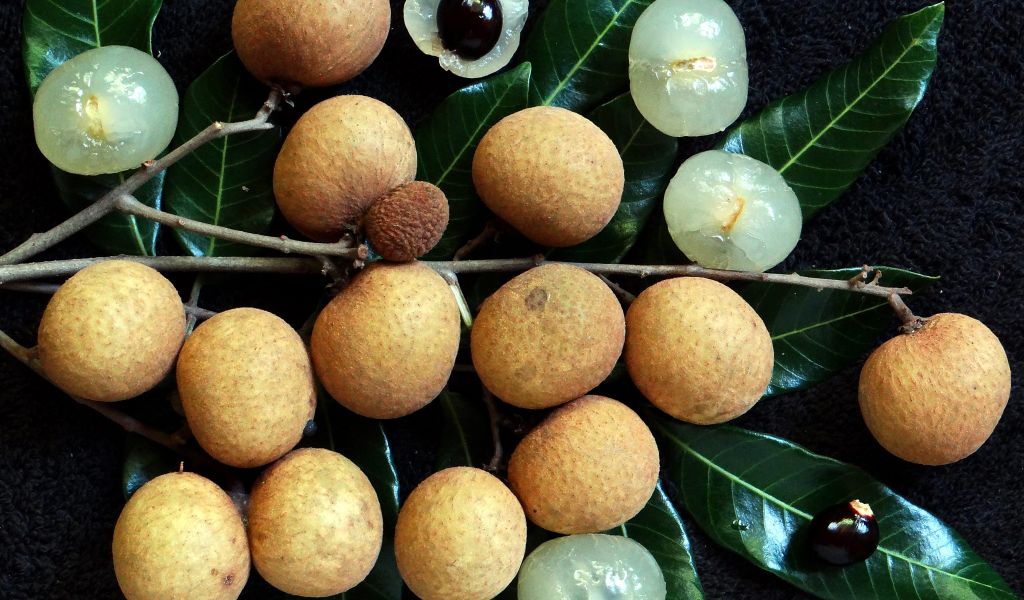
In many areas of China, longan is a key element of Báilù traditions. Longan (Dimocarpus longan) is a tropical fruit in the soapberry family native to southern China, but grown in other warm climates as well. People eat it on the first day and throughout Báilù. Anecdotal evidence suggests that countless Chinese have experienced an energizing effect from consuming longan.
Success
You are now signed up for our newsletter
Success
Check your email to complete sign up
The translucent, fleshy fruit is said to strengthen the spleen, calm the nerves and nourish the blood. Warm in nature, longan can help reduce an excess of yin in the body — which can manifest as feeling cold, sleepy, stiff or slow.
The sweet-tart flavor can also have a detoxifying effect, and is instrumental in toning the heart and spleen to restore life energy, or “qi.” While calming the spirit, longan relieves mental fatigue.
Nutritionally, longan provides an excellent source of vitamin C, numerous B vitamins, folic acid, and important minerals like copper, manganese, phosphorus and potassium.
Sweet potatoes (dì guā 红薯)
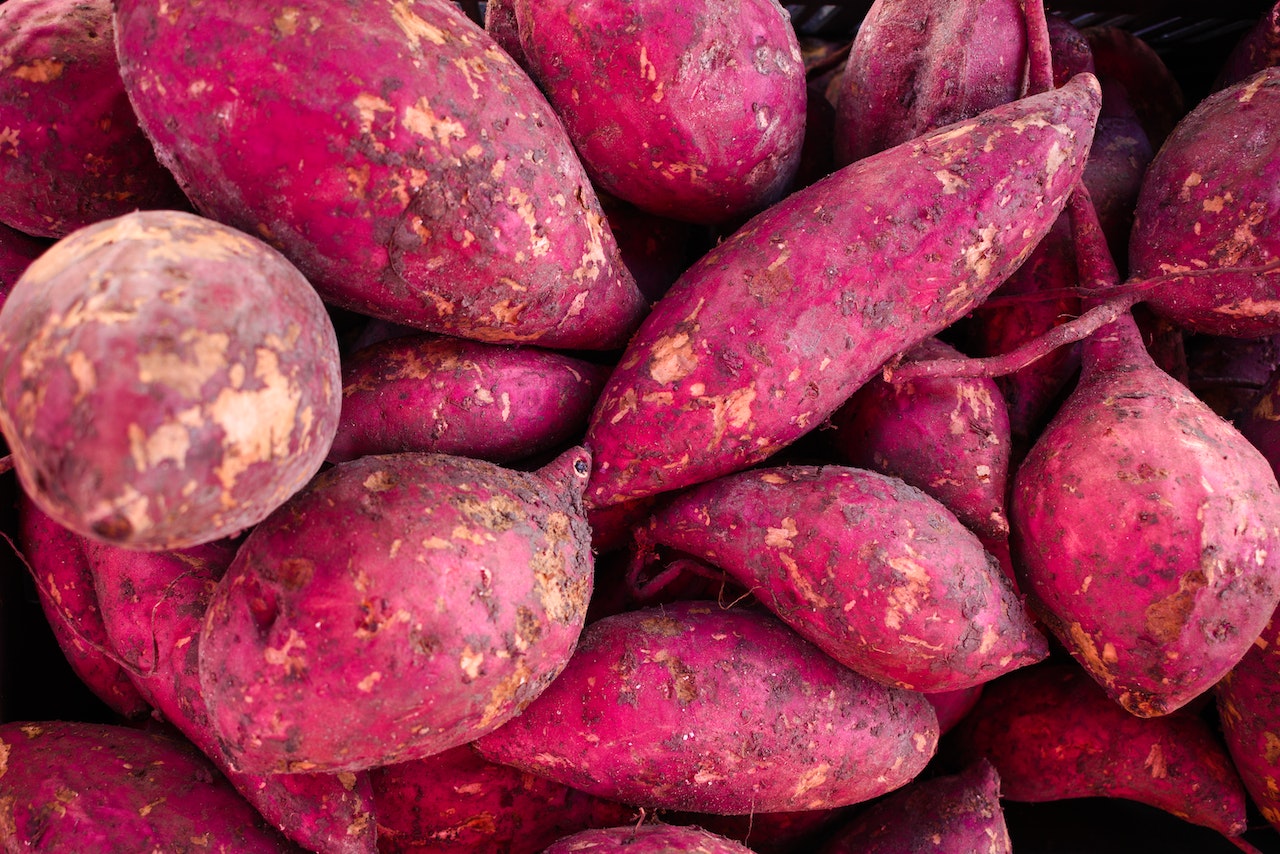
Another popular food for Báilù is the nutritious and delicious sweet potato (Ipomoea batatas). Although it has become an integral part of the Chinese diet, this North American native was only introduced to the country in the 15th century.
To meet the needs of a growing population under environmental pressure, sweet potatoes were promoted as a staple food along with rice and wheat. Today, China is the leading producer of sweet potatoes, supplying nearly 50 percent of the world’s crop.
Similar to longan, sweet potato is recognized by TCM for its ability to eliminate toxins, balance excess yin, and tone the spleen to help restore energy. These tubers are high in vitamin C and potassium, and a good source of beta carotene, an antioxidant that boosts vitamin A levels.
Black chicken soup
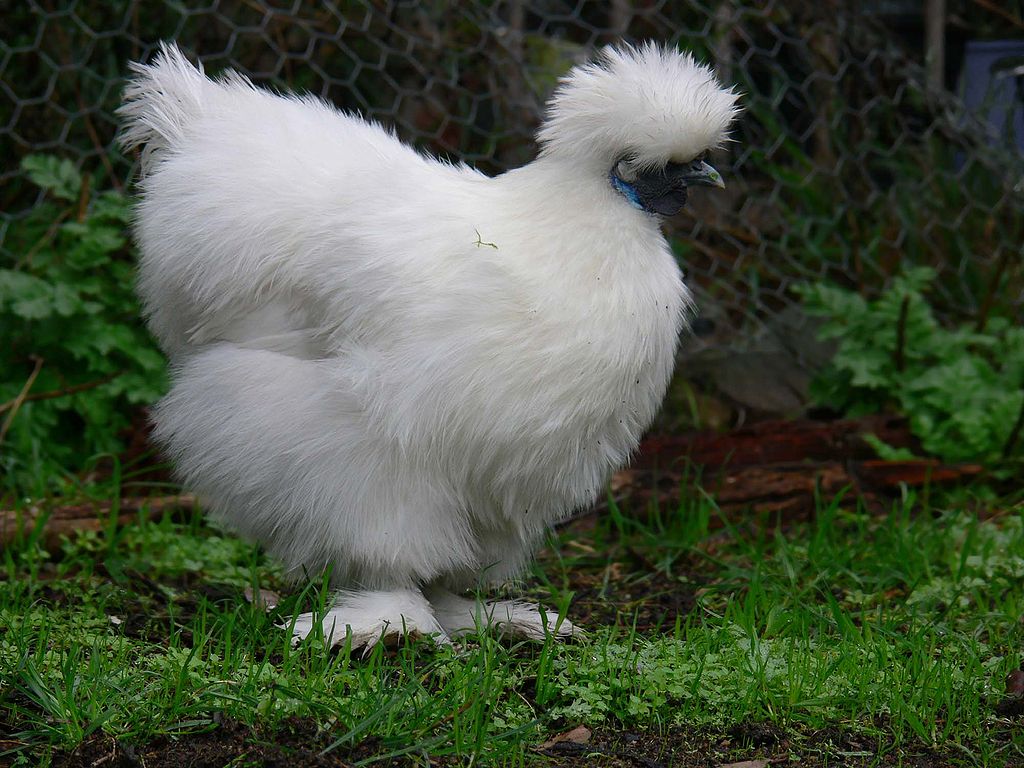
A more complex culinary tradition for Báilù is to gather medicinal herbs that have “bái” in their name, and cook them in a black chicken soup (乌鸡汤 wū jī tāng). Also known as silkies, these small, black-skinned birds are believed by TCM practitioners to nourish the kidneys and blood, replenish yin and benefit the body’s qi.
A simpler option would be to purchase a variety of ingredients that compliment the chicken and enhance its medicinal qualities — such as ginger, shiitake mushrooms, jujube (red dates), goji berries and corn — for a nourishing and satisfying soup.
Báilù beverages
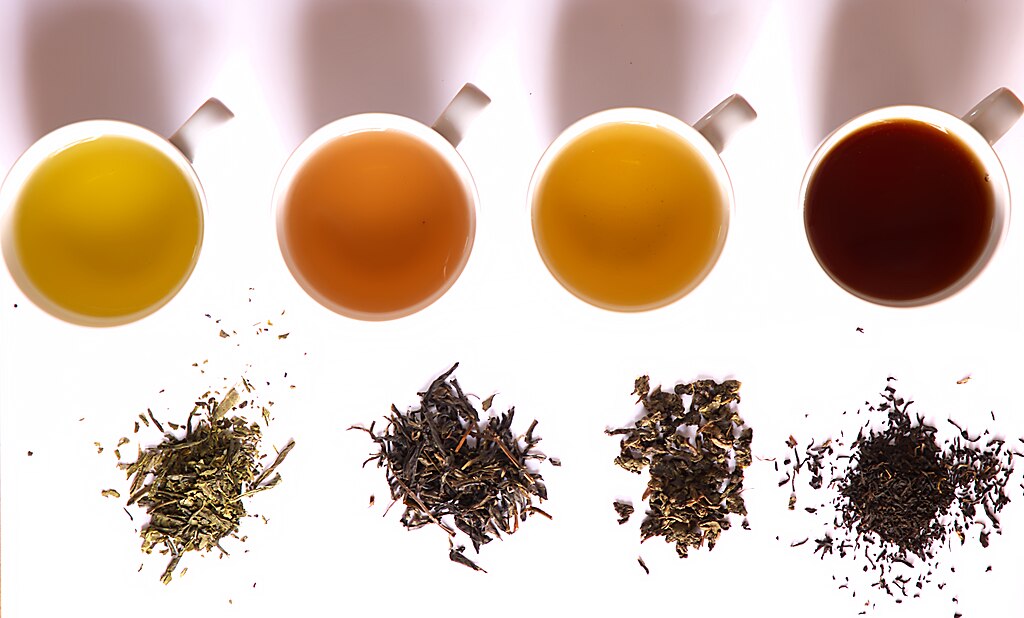
White Dew Tea 白露茶
China’s national drink is hardly limited to one type of tea. Besides black (red), green, white, oolong and yellow, there is another tea specially harvested and consumed during Báilù, called “white dew tea.”
Harvested after the vigorous growth from a hot summer, white dew tea leaves have a distinctive, sweet, mellow flavor and fragrance. Less common than other teas, it is often offered as a gift to friends and relatives.
White Dew Wine 白鹿酒
White dew tea has a sister brew: white dew wine, an intoxicating beverage fermented from cereal grains like glutinous rice, broom corn or sorghum. This semi-sweet cordial is most likely to be found in Jiangsu province, where it is served when entertaining guests.
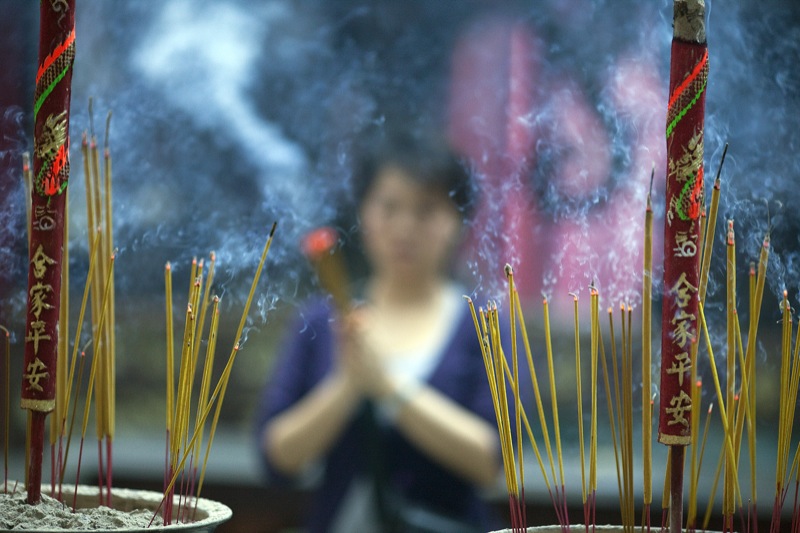
Yu the Great 祭拜大禹
In keeping with the theme of regulating hydration and circulation, Báilù is also a time to honor Yu the Great (大禹), who is perhaps best known for taming the rivers. Incense ceremonies along the river commemorate Yu the Great’s successful efforts in flood control.
Although dates and evidence of his existence are lacking, this legendary king is also credited with the establishment of dynastic rule in China, and recognized for his integrity and moral virtues.





